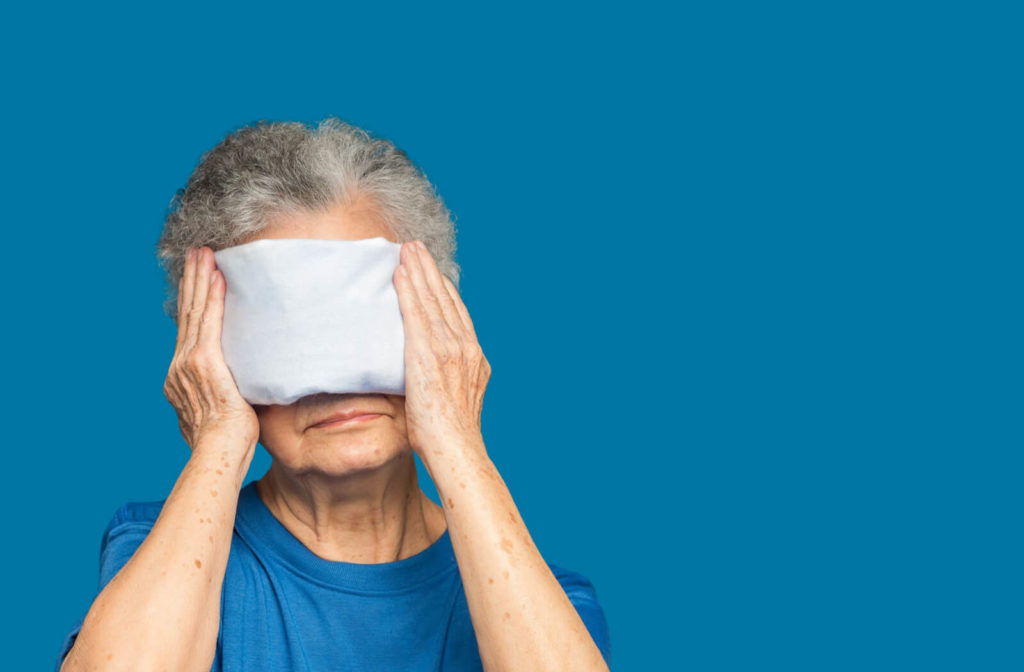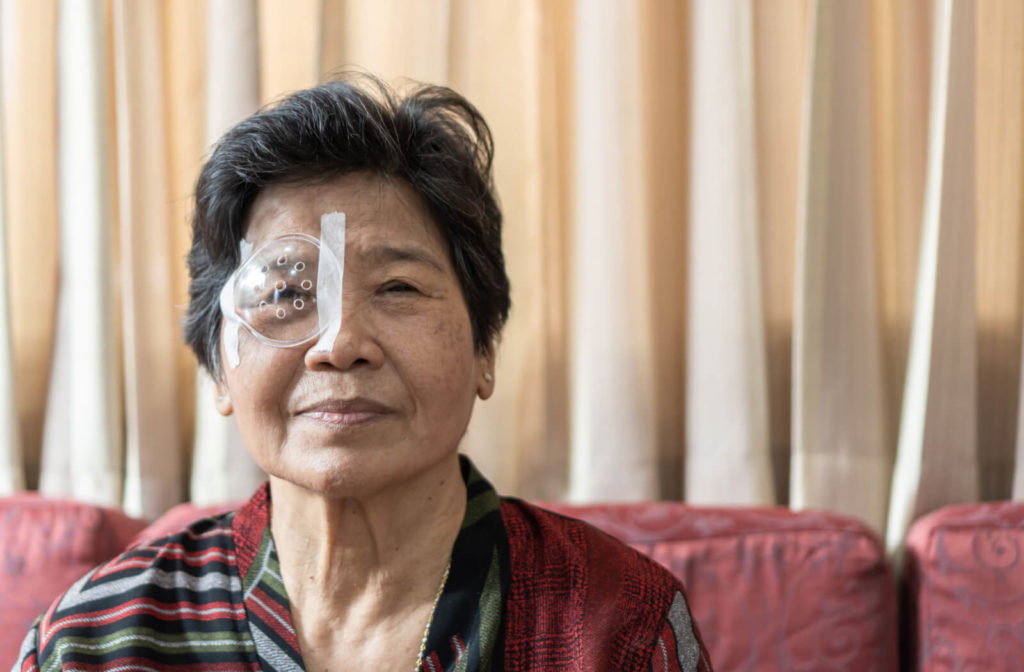Diabetes and eyesight are closely linked. Diabetes and chronically high blood glucose (blood sugar) can cause various eye complications, including cataracts and glaucoma.
What you may not know is that diabetes can significantly increase your risk of developing dry eye disease. More than half of all those with diabetes suffer from dry eyes. The good news is that if you have diabetes and dry eyes, there are many things you can do to help protect your vision and reduce dry eye symptoms.
What Is Dry Eye Disease?
Dry eye occurs when a person’s tears don’t lubricate and nourish their eyes, causing discomfort, a gritty feeling, and irritation. This may appear to be a minor inconvenience, but untreated chronic dry eyes can cause permanent eye damage.
To keep their moisture, healthy eyes require regular tear production. Crying causes more tears to be produced, and you’ve probably noticed your eyes watering excessively when something bothers them. Tears are composed of 3 components:
- Water
- Oil
- Mucus
These layers work together to keep the surface of your eyes clear, smooth, and able to see clearly. When you don’t produce enough tears, it can lead to dry eye disease.
How Does Diabetes Impact Dry Eyes?
Diabetes has been identified as one of the top risk factors for developing dry eye syndrome. Up to 33% of people with diabetes experience dry eye disease, and the risk of developing dry eye increases the higher blood sugar levels are over time.
Increased blood sugar levels can also have an impact on the health of the cornea (the frontmost surface of your eye), and damage the lacrimal glands that are responsible for producing the water content of the tears.
Many people who suffer from dry eyes caused by diabetes find that maintaining healthy blood sugar levels helps them, paired with other available dry eye relief methods.

How to Relieve Dry Eye Symptoms
Previous research from 2016 found no statistically significant differences in treatment for dry eye patients with and without diabetes.
If you have diabetes, your eye doctor may recommend lifestyle changes to protect your eyes against high blood sugar levels. It is recommended you maintain annual eye exams to check for changes in your vision and eye health
Warm Compresses or Eye Masks
Using warm compresses or eye masks on the eyes can help relieve dry eye symptoms. The warmth of the compress helps to open the meibomian glands, improving oil gland function, increasing oil flow into the eyes, stabilizing the tear film, and slowing tear evaporation.
After you remove the warm compress, your eyes can expel debris and bacteria more efficiently, helping them stay healthy and clear.
Warm compresses may be recommended for daily use to help relieve dry eye symptoms, they may also work well when combined with artificial tears eye drops.
Artificial Tears
Artificial tears, or eye drops, may be sufficient to relieve mild to moderate dry eye symptoms. To keep your eyes moist, you may need to apply artificial tears several times throughout the day.
Many types of artificial tears are available over the counter. Your optometrist can help determine what type of artificial tears or eye drops may work best for you before you purchase them.
Prescription Medications
Antibiotics can help reduce inflammation in your eyelids and increase tear production. Your doctor may advise you to take antibiotics or use antibiotic eye drops. There are several FDA-approved prescription medications available:
Punctal Plugs
To help keep tears in your eyes for longer, your optometrist can insert punctal plugs—tiny collagen or silicone plugs that are inserted into the tear ducts to prevent your tears from draining as quickly. Punctal plugs can be temporary or long lasting.
Treat Dry Eyes at The Eye Gallery
Diabetes is a chronic disease that can cause a variety of complications, including dry eyes. Dry eye, if left untreated, can lead to vision problems.
If you’re looking for a way to treat your dry eyes, book an appointment for dry eye therapy at The Eye Gallery, we offer a variety of treatments that can help reduce your symptoms.




